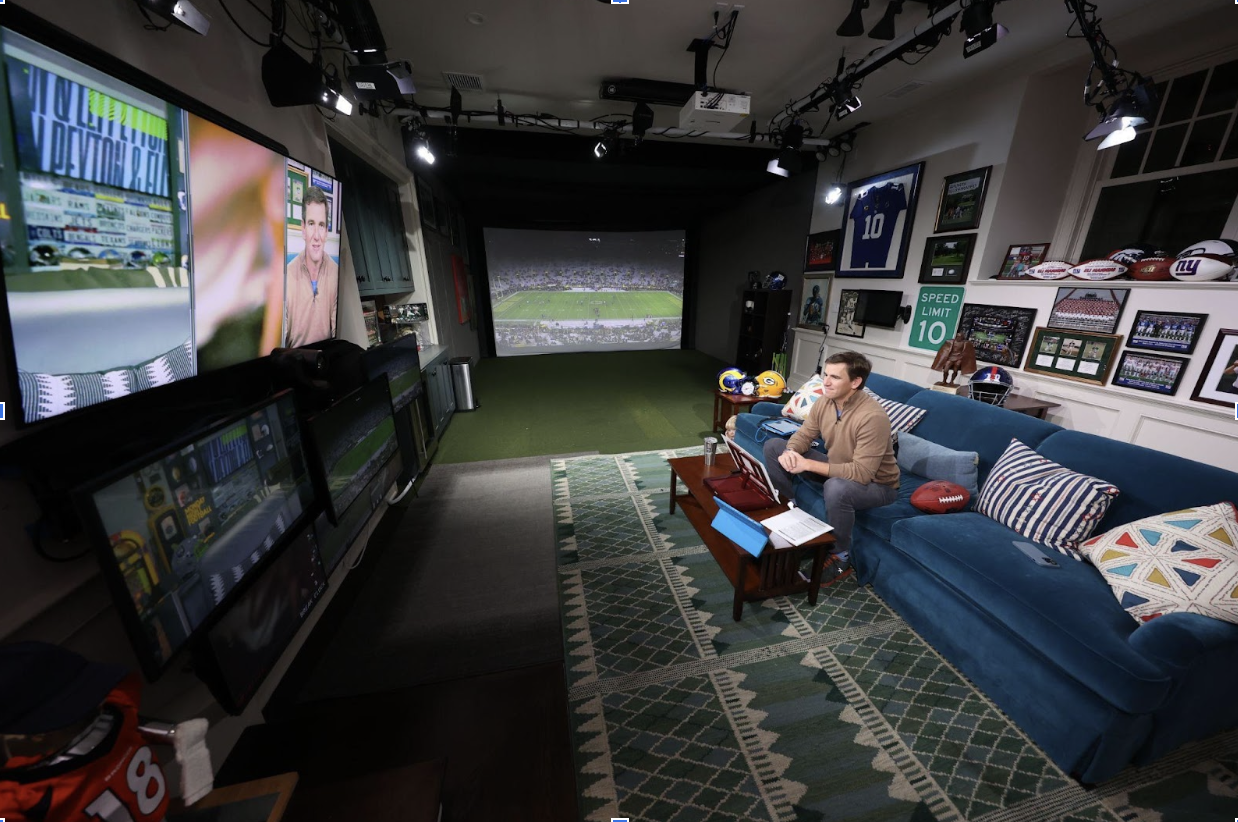Healthy Living: Right tools for the job | News
Regardless of how it might seem at times, life is not a static existence. Change is the one constant we all experience throughout the stages of life.
Our bodies grow and age, and as we progress, we learn new skills and gain new abilities such as speech and mobility. We learn to do things either through necessity or intent, and our bodies and minds respond based on the demands we place upon them. Some of these things have short- or long-term benefits both mentally and physically, whereas others result in negative effects.
Apart from what we consciously or even subconsciously do, our bodies themselves have a certain degree of programming, so to speak. The human heart is programmed to beat, to pump and return blood throughout our circulatory system, without any deliberate effort on our part. Lungs will expand and draw in oxygen, food is digested, and there is a steady undercurrent of communication between our brains and the rest of our body to which we are blissfully unaware.
Something so simple as sweating, or our body’s reaction to temperature, aren’t things we need to — or can — control. Our skin even quietly replaces itself about every seven years and we don’t consciously notice the process.
But all of these things are interconnected and interdependent. Simply put, what we are doing directly impacts the effectiveness of our body’s programming, and our body’s programming directly affects what we are able to do, or at least our predisposition toward the ease or difficulty of certain things. When speaking of health — our health — it is important to understand at least the basics of how both our active and passive bodies operate and interact with each other. A good place to begin is the understanding that rather than needing to build ourselves from scratch, so to speak, our focus should be more on maintenance or improvement.
When we consider health from the perspective of maintenance or improvement, the concept becomes much easier to manage. But maintenance requires a wide variety of tools, some of which are crucial in our earliest years, and some that change over time. Some of us will be fortunate enough to need fewer tools to manage our health and some might need a good deal more. Some might even require certain specialized tools to maintain their level of good health, but all of us will need at least a few of the basic ones.
At birth, the most crucial tools in our toolboxes are our parents. They see to our external needs while our infant bodies begin operating on programming. Parents ideally either have or can learn the basic skills required to care for an infant and help it grow toward maturity. Parents (or primary caregivers) have access to the resources that will not only help their young charges grow, but also prevent early physical and/or emotional damage which impedes or damages that growth. As we age, we develop the ability through learning to add personal tools to our toolbox. Experience, research, or simply trial and error can provide valuable insight to maintaining our personal health.
Beyond their guardianship, parents and their parents, and so on, provide crucial insights to future health issues. Many things (both positive and negative) are hereditary. A family health history can help us avoid certain things that have caused health problems in our families, or at least alert us to the need of be vigilant against the occurrence of those things. Knowledge of a family history of diabetes, even if the occurrence skipped a generation, could possibly allow for lifestyle changes to prevent it or lessen its effects.
Research can be a powerful tool in maintaining good health. In the information age, there is a staggering amount of information available about even rare health conditions. All one needs to do is open a web browser and type in whatever concern they might have. Although valuable, the difficulty here is that not all information presented in this format is accurate; some are extremely inaccurate and simply a vehicle to sell “cures” that are ineffective or even dangerous. Most information that comes from a major hospital or accredited organization is a good starting point, however.
Obviously, the most effective tool we can keep in our health toolbox is our local health provider. Health providers such as doctors, nurses and other health professionals have both the credentials and vested interest in helping us maintain our health. An added bonus is health care providers also have the knowledge to help us better use the other tools at our disposal. Telling a health care provider our family health history, for instance, allows them to better improve our health and possibly prevent future problems.
It is essential to use all the tools at our disposal properly, and to maximum effect. A jackhammer is seldom needed to plant a flower, after all, nor would a screwdriver be ideal to remove a nail. But unfortunately, in an era of misinformation and unqualified advice, maintaining our health has become much more confusing than it ever should be.
This section is dedicated to healthy living, and to that end if you have a question about a medical condition or health concern, email us at [email protected] and we will provide you with the best possible answers from dependable sources. And if you are a dependable source providing health care and would like to offer information on a problem you believe needs addressed for public benefit, please email us as well.
Our goal is a healthy community, and we can get there together.






